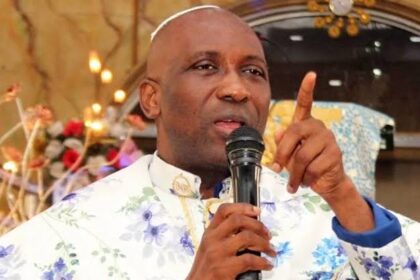•IMF urges Nigeria to approve budget, seek economic help
Tax evasion through international tax havens and other international illicit transfers of money undermine the fight against global poverty, World Bank President, Jim Yong Kim has said.
“This is a great, great concern,” Kim said as he opened the Spring Meeting of the World Bank and International Monetary Fund yesterday.
In a report obtained from the bank’s website, Kim said the global lender is very concerned about illicit financial flows, amid intense attention on the recent leak of Panama Papers’ showing how powerful officials and businesses in many countries make use of thousands of anonymous companies in tax free centres.
“When taxes are evaded, when state assets are taken and put into these havens, all of these things can have a tremendous negative effect on our mission to end poverty and boost prosperity,” he said.
The publication early this month of the Panama Papers, a dossier of files on anonymous companies set up by a Panama law firm, has sparked a new push for ending the secrecy offered by tax heavens worldwide, he said.
He said leaders in developing countries regularly ask him for help in tracking down the exodus of cash whether to avoid taxes or to hide graft.
He said the one answer is increasing transparency. “The message I would send is that transparency is not going to move backwards. The world is going to become only more and more transparent as we move forward. So, I would just say, be very careful”.
Meanwhile, the International Monetary Fund (IMF) Managing Director, Christine Lagarde said Nigeria should seek economic help from international institutions.
Speaking at the IMF conference hall in Washington DC, Lagarde said Nigeria needs to be open-minded on foreign exchange, and swiftly approve the 2016 budget. “Our recommendation is that Nigeria seeks help from the international institutions that can best help,” she told the audience.
“Second, that Nigeria is open-minded in using flexibility of the exchange rates, in order to absorb some of the shocks. We believe that this is more efficient than to have a list of products that are barred from being imported to the country.
“Third, we believe that it’s really important that budget be completed, decided and approved and we stand ready to help Nigeria, if it wants to seek our help.”
“Nigeria is full of energy, smart people, and can really transform some of its activities including the agricultural sector where there is just too much by way of import, when there could be a lot of transformation in Nigeria and local consumption.”



